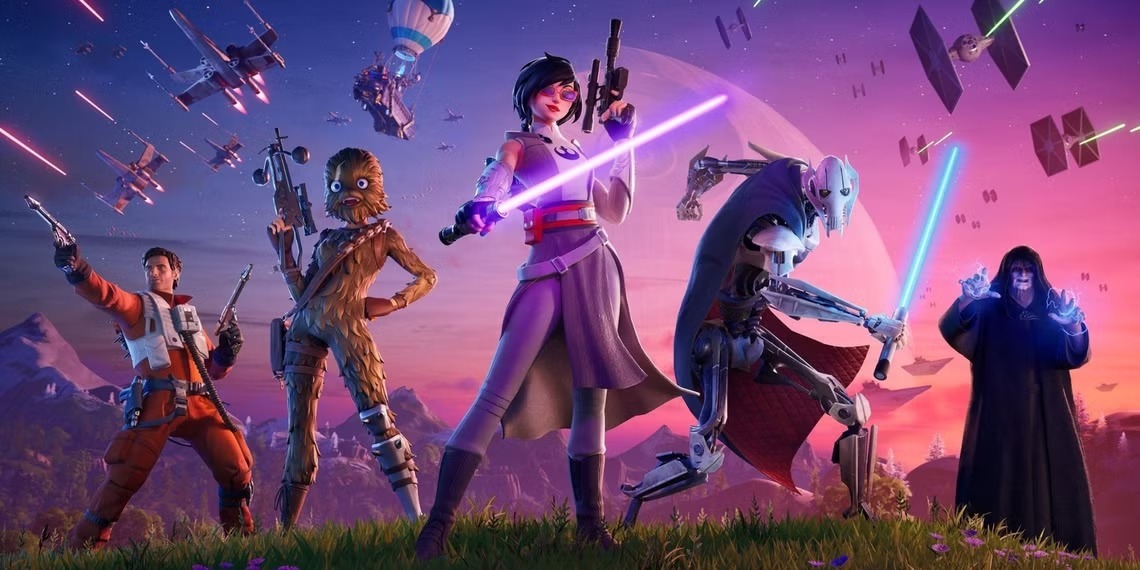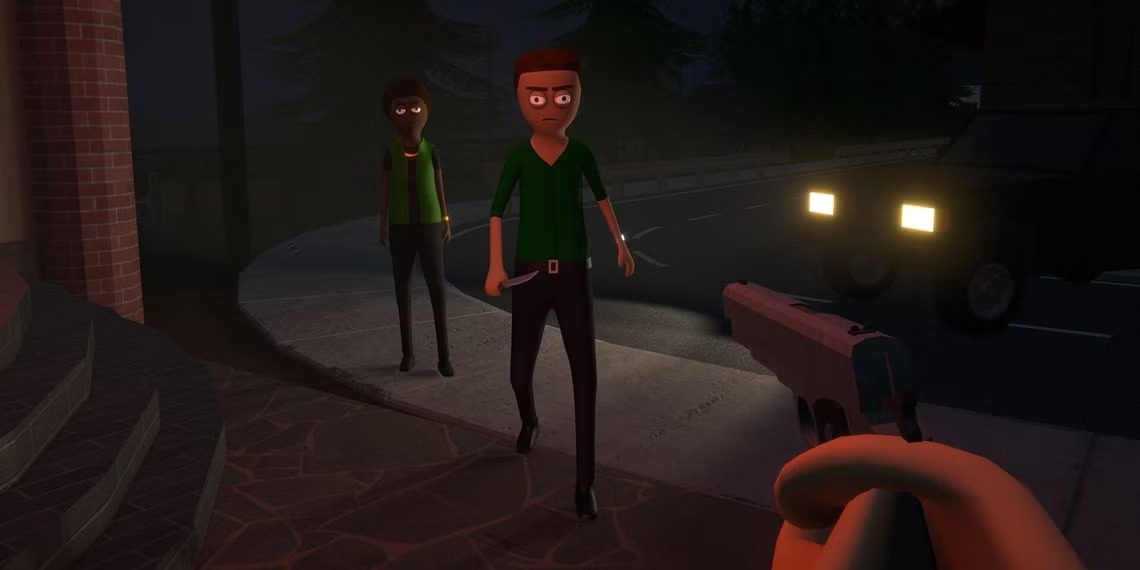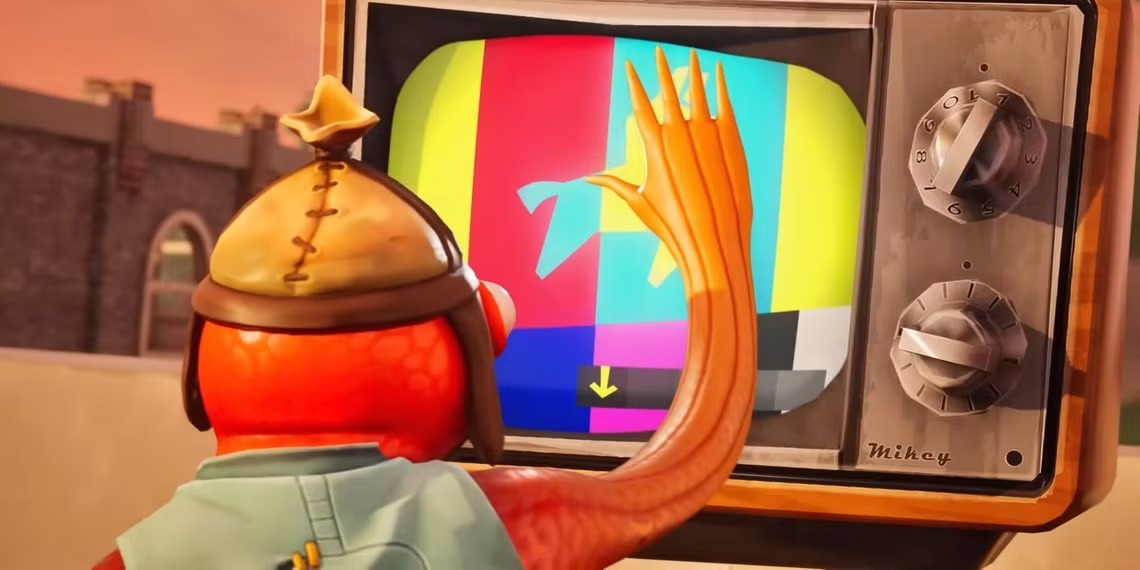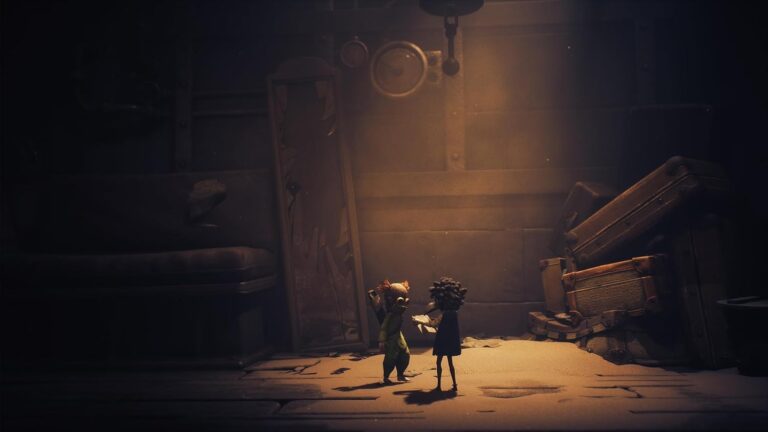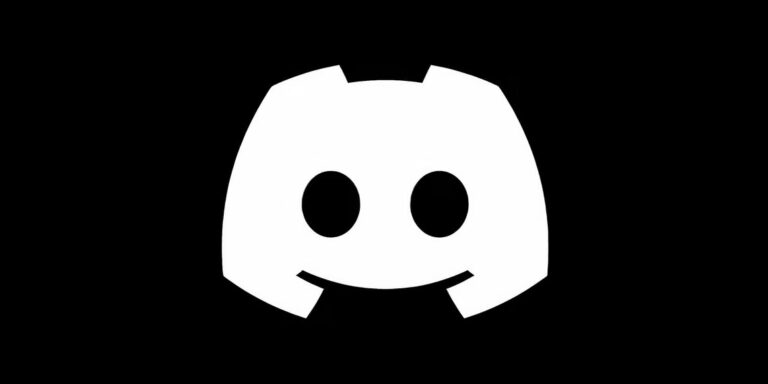Roblox faces a lawsuit for using a viral dance without a proper license.
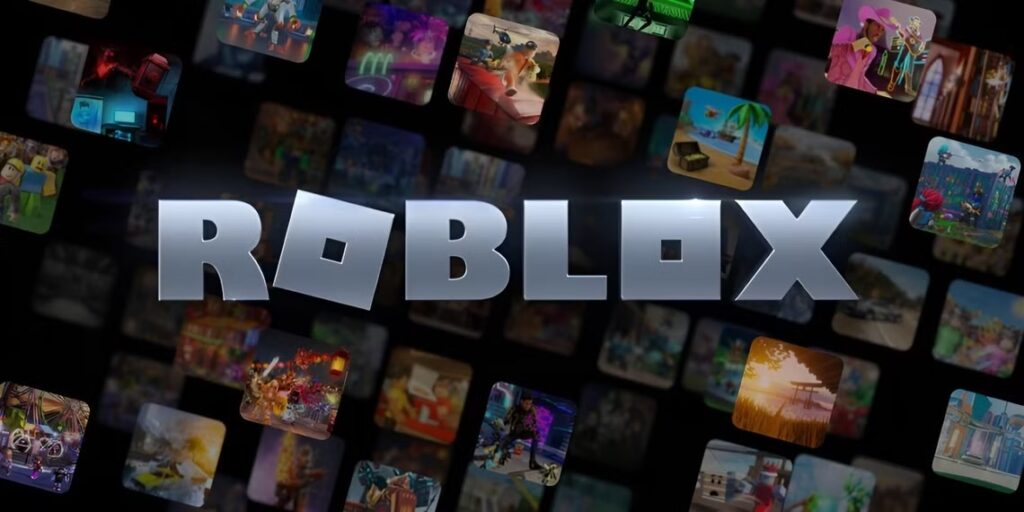
Roblox is getting sued over its use of a viral dance to “Apple” by Charli XCX. The massive online platform has had its fair share of legal issues over the years, even to the point of getting banned in some countries, though these challenges don’t seem to have slowed its growth much. Still, Roblox has one again found itself back in court, as it now faces a fresh lawsuit from the creator of a dance that popped up in its Dress to Impress game.
Dress to Impress has quickly become one of the more popular games on the platform, and Roblox was just as quick to capitalize on it. In August 2024, Roblox teased a Charli XCX Collaboration and brought new clothes, hair, makeup, themes, and poses inspired by the pop star’s Brat album a few days later. The crossover was a big hit, but now it seems not everyone was equally happy with it, as some of the new content now faces copyright infringement charges.
According to a lawsuit spotted by Polygon, Kelley Heyer, the TikTok creator behind the viral “Apple” dance, has sued Roblox for including the dance without settling a license agreement. The suit alleges that while the Roblox Corporation did initially reach out to Heyer about licensing her copyrighted dance in the Charli XCX collaboration, it released the update before finalizing anything. Heyer claims that the company still has not signed anything or compensated her for it since then. This isn’t the first copyright infringement case the platform has dealt with. The National Music Publishers’ Association sued Roblox for $200 million in 2021 for allegedly using songs without compensation, although the two parties ultimately settled out of court.
TikTok Dance Creator Sues Roblox for Copyright Infringement
The “Apple” dance emote is no longer for sale on Roblox, but the lawsuit alleges that the company made an estimated $123,000 off of it without giving Heyer any share of those proceeds. It’s also worth noting that Roblox isn’t the only entertainment platform to use the dance, but others like Fortnite and Netflix have fully licensed it from Heyer. Those comparisons, along with the sheer scale of the platform, as Roblox now has more registered users than the global population, make the case stand out all the more.
It’s unclear how the lawsuit will proceed from here. Similar cases in the past have struggled to prove copyright infringement successfully. Perhaps most notably, a judge dismissed a lawsuit against Fortnite in 2020, saying that while dances can be protected IP under the law, it’s hard to prove if some motions meet the necessary criteria to get such protection. Heyer’s suit may be different, as she had already copyrighted the dance before Roblox used it, but these kinds of cases are notoriously hard to prove. Only time will tell how the legal proceedings will end.



